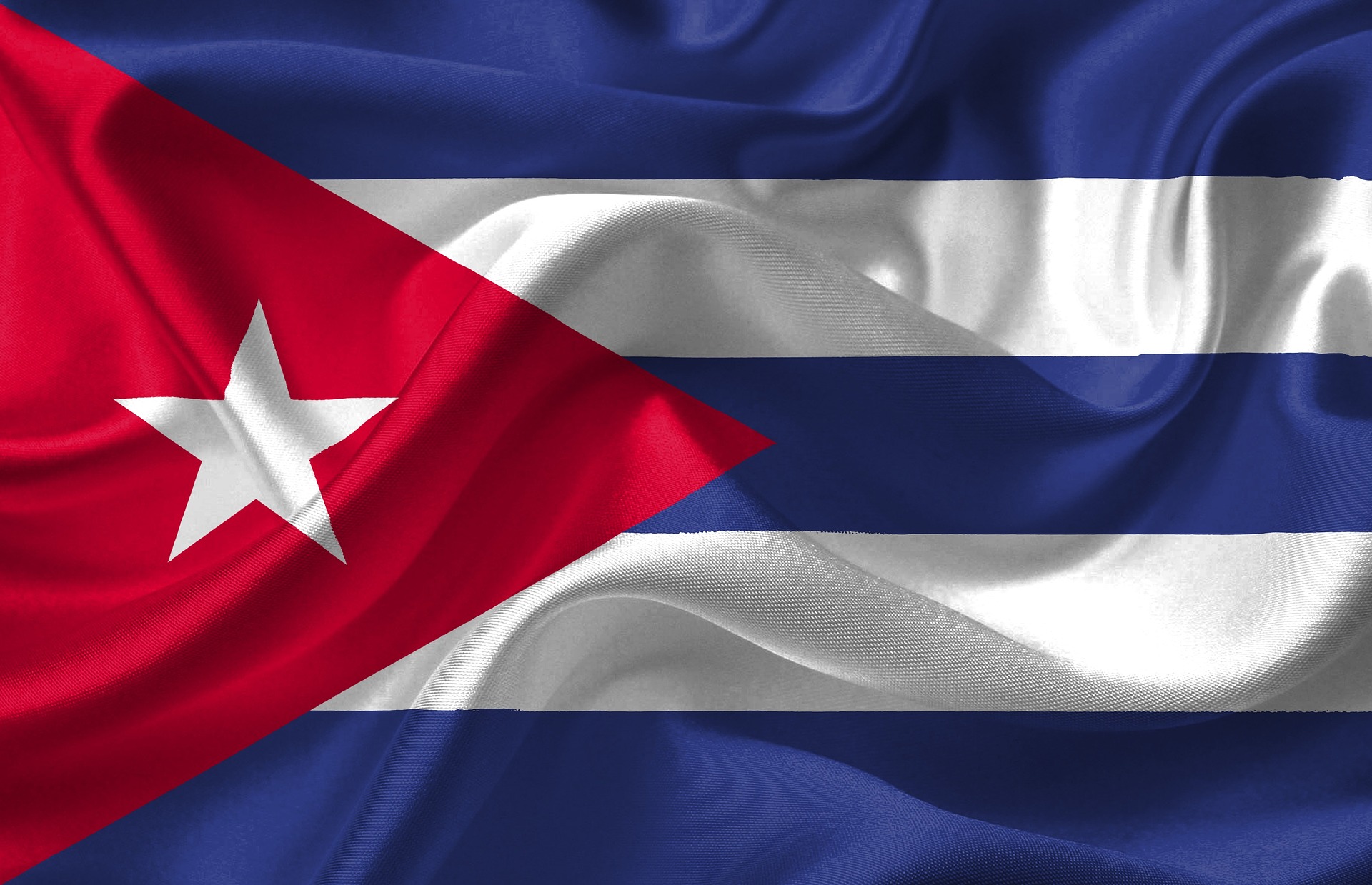
We kick off the Thanksgiving week with some exciting news.
Recently, the American Immigration Lawyers Association (AILA) met with representatives from the Department of State to address some issues of concern relating to several different immigration topics.
We provide a summary of the questions asked and responses from the Department of State down below that was part of a recent roundtable with representatives from Consular Affairs.
Nonimmigrant and Immigrant Visa Applications from Third Country Nationals
Representatives reminded nonimmigrant visa applicants, including students, that they can apply for their visas at any embassy or consulate where they are physically present and obtain a visa appointment.
Additionally, immigrant visa applicants can request to transfer their case to another embassy or consulate if they are unable to travel to the post where their case is assigned.
As to the possibility for virtual visa interviews, the State Department has said immigrant visa applicants are required to appear in person before a consular officer to provide fingerprints, therefore video interviews would be of limited utility.
Interview Waivers
AILA informed the State Department that it appears that some appointment scheduling systems incorrectly identify applicants that are clearly not eligible for interview waivers as eligible and invite them to send in their passports for visa issuance.
In these instances, once the passport is submitted to the post, it is determined that the applicant is not eligible for an interview waiver, the applicant has to be contacted, their passport has to be returned, and they have to then schedule an in-person interview appointment.
The State Department has said it is not aware of this issue happening at posts and recommended that those experiencing issues with applications submitted via interview waiver processes should contact the relevant post for information.
E-2 Treaty Investor Visas
Question: 9 FAM 402.9-6(A)(a)(4) informs officers that one of the determinations in evaluating E-2 Treaty Investor applications is that the: “Enterprise is a real and operating commercial enterprise,” and is then referred to 9 FAM 402.9-6(C) for further discussion.
The first sentence of 9 FAM 402.9-6(C) states: “The enterprise must be a real and active commercial or entrepreneurial undertaking, producing some service or commodity.” The third sentence of 9 FAM 402.9-6(C) continues the description of the enterprise to state, “It cannot be a paper organization or an idle speculative investment…”Especially in the context of start-up businesses, defining these terms will provide greater clarity and guidance to E-2 visa applicants.
Please confirm: Are the words “operating” at 402.9-6(A)(a)(4) and “active” at 402.9-6(C) used interchangeably?
Answer: Almost. The term “active” at 402.9-6(C) was used to ensure that new enterprises that had not yet begun producing services or commodities, but which were actively taking steps to become operational, could also provide a basis for E visa issuance.
Continue reading
 Visa Lawyer Blog
Visa Lawyer Blog











